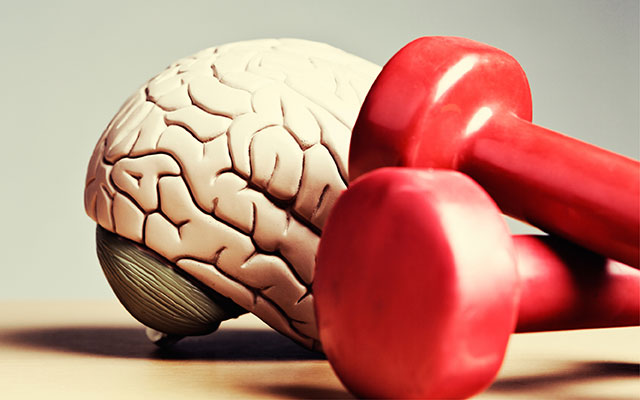I’m not the brightest guy you’ll ever meet, but sometimes my dimness even surprises me. Last Saturday, for example, I was having some difficulty with my son’s car, which has been parked on the street in front of our house for the past few months while he works his way through Marine Corps basic training. The problem with the car is that it tends to drain the life out of even a brand-new battery if I don’t start it and run it every few days. On Sunday, it wouldn’t turn over, so I had to jump-start it with our car. It took some doing, but I got it started and then lamented to My Lovely Wife that I was afraid to put it in our one-car garage when the city decides to clean the leaves from the street, because we wouldn’t be able to reach it with our car and jumper cables if the battery died again.
MLW gave me a certain look and gently suggested that I back the car into the garage.
I can’t blame my age for this sort of thing, especially now that it’s been shown that lifting weights a couple of times a week (which I’ve been doing for the better part of the past nine years) is good for our geezer brains.
As Gretchen Reynolds reports in the New York Times, Teresa Liu-Ambrose, PhD, and her research team at the University of British Columbia in Vancouver recruited 54 women between the ages of 65 and 75 from a brain health study Liu-Ambrose was leading to learn whether building muscle would slow the growth of lesions in the white matter of their brains. These lesions can affect the ability of white matter to facilitate communications between the brain’s various regions.
The team divided the women into three groups that participated in specific activities over the course of a full year: one that lifted weights once a week, another that lifted twice a week, and a third that avoided strength training altogether in favor of stretching and balance drills.
Earlier studies have shown that aerobic activities could be beneficial to brain health. The way we walk as we get older — changes in our gait, especially — can both indicate and contribute to declining cognitive function, Reynolds explains. So, Liu-Ambrose and her team suspected that strength training might be just as beneficial — or more so — because it builds muscle and improves an older person’s ability to walk.
Here’s what they discovered: The group of women that lifted weights twice a week experienced less damage to their brains’ white matter than the other two groups. Thus, pumping iron regularly “has benefit for the brain,” Liu-Ambrose said.
This was heartening news to this geezer, until I noticed the following:
“However, this experiment did not closely examine whether differences in the women’s white matter translated into meaningful differences in their ability to think, although Dr . Liu-Ambrose and colleagues hope to study that issue soon, as well as whether men’s brains respond similarly to weight training.”
And then it occurred to me that MLW has never done any strength training. The only dumbbell you’ll find in her vicinity is her husband.

This Post Has 0 Comments